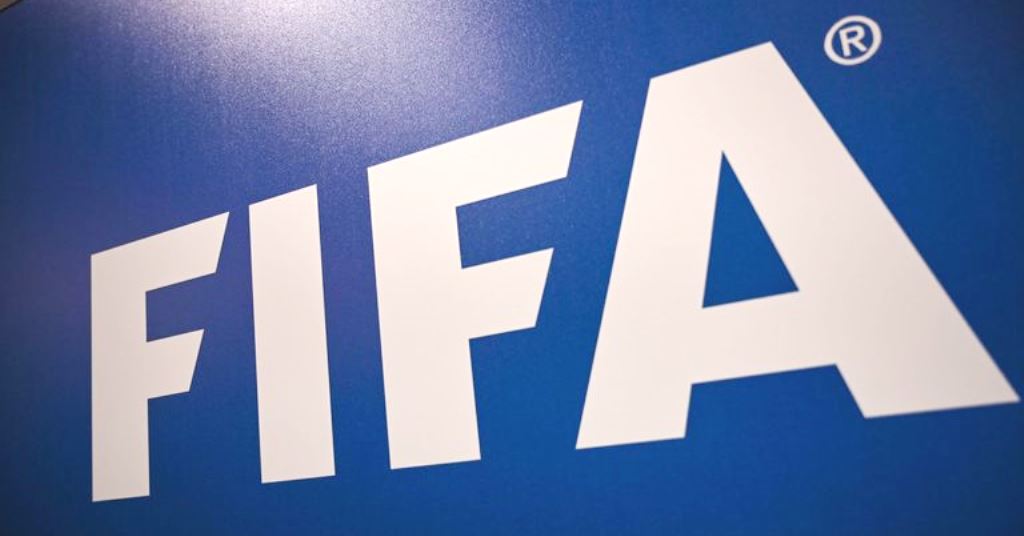AfricaPress-Tanzania: SEVERAL Tanzanian coaches have supported FIFA’s proposal to increase the number of substitute players from three to five, once leagues resume.
The proposal is designed for players’ safety amid fixture congestion, when the leagues resume worldwide, however, the trainers have cautioned that the latest proposal must be well applied otherwise; it could affect the team’s rhythm.
Young Africans Assistant Head Coach, Boniface Mkwasa, said that FIFA decision was good because it will give coaches a winder opportunity to adjust the playing system and possibly correct their mistakes in a game.
He added that on the other hand, it is risky because changing almost half of a team during the game can have both positive and negative impacts at the same time.
“It is a good thing as the coach gets a chance to improve the team, thus, it requires the technical bench to be careful as it is a large a number of players that you will have to substitute and those changes may have both sides of results; positive or negative.”
“On a positive side it could inject some more energy due to fresh legs but on the negative side it could change the rhythm of the game as it might take time for substituted players to get into the game,” said Mkwasa.
Mkwasa’s sentiments were equally supported by Mtibwa Sugar Head Coach, Zubery Katwila, who said the proposal was fantastic but shouldn’t be something to celebrate for coaches.
He insisted that coaches must play their cards well when it comes to using all five subs as proposed by FIFA as it could change the rhythm of the team completely and subsequently affect results.
“It could as well help inject much more energy and pace into the team as much more fresh legs will be deployed,” the former Mtibwa Sugar and Taifa Stars winger said.
National women football team Head Coach, Bakari Shime also commented that FIFA’s proposal is important for the well-being of football in the world.
The decision to use all five substitutes will always remain in the hands of the technical bench…it is purely optional, depending with the form of your players’ fitness.
“The FIFA’s proposal are directly linked with coronavirus epidemic as many players are at home for more than a month now and when their respective leagues resume, there isn’t any assurance of players to be in their best form.”
“Since players have not been in the group or intensive training for a while, hence the level of their fitness will be low. This is obvious most players will not be fit enough to maintain their competitiveness but with the number substitute it will help the team to gain fitness, build quality to each player and the team at large.”
In line with Shime’s comments, a football analyst, Ally Mayay also commended the proposal, believing that it would benefit many teams as they will avoid players from picking injuries due to fatigue.
“Considering that these leagues will resume and there will be a bunch of matches played in a limited time to windup all games remaining in this season, it will certainly require much energy from players. It will simply be energy sapping and this will require time for them to recuperate.”
“FIFA’s proposals will help players to avoid injuries as we know it will be difficult for them to be in the same quality as they were before the leagues were brought to a halt due to the coronavirus pandemic.”
“Football or any game requires a player to play regularly to develop quality, but when a player is not playing well enough or practicing a lot, there is great doubt in his quality and fitness levels. So having a total of five substitutes will help players avoid injuries,” said the former Yanga and Taifa Stars midfielder.
Under the proposal, teams will be able to make up to five substitutions to help players cope with fixture congestion amid the coronavirus pandemic.
The substitutions will be allowed in a maximum of three in-play slots and at half-time to avoid unnecessary stoppages but are being proposed in recognition of the long layoff and anticipated high volume of matches if and when games resume.
The Fifa proposal is subject to the approval of the game’s law-making body, the International Football Association Board (IFAB), and competitions such as the Mainland Premier League could then decide whether to implement it.
The temporary dispensation would apply to competitions due to be completed or to start in 2020 or 2021. It would also cover national team matches up to and including 31 December 2021.







